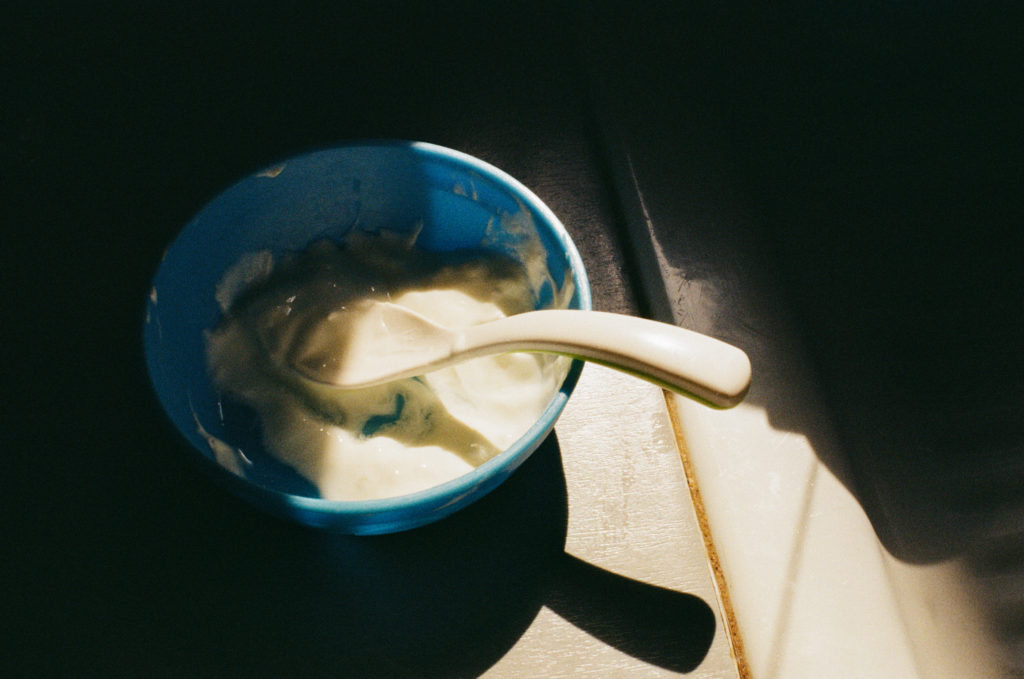A friend recently told me that her friend nursed her son until he was five and now he has to have serious dental work. “You don’t want that, do you?” she said.
“No, of course not, not the dental work,” I replied.
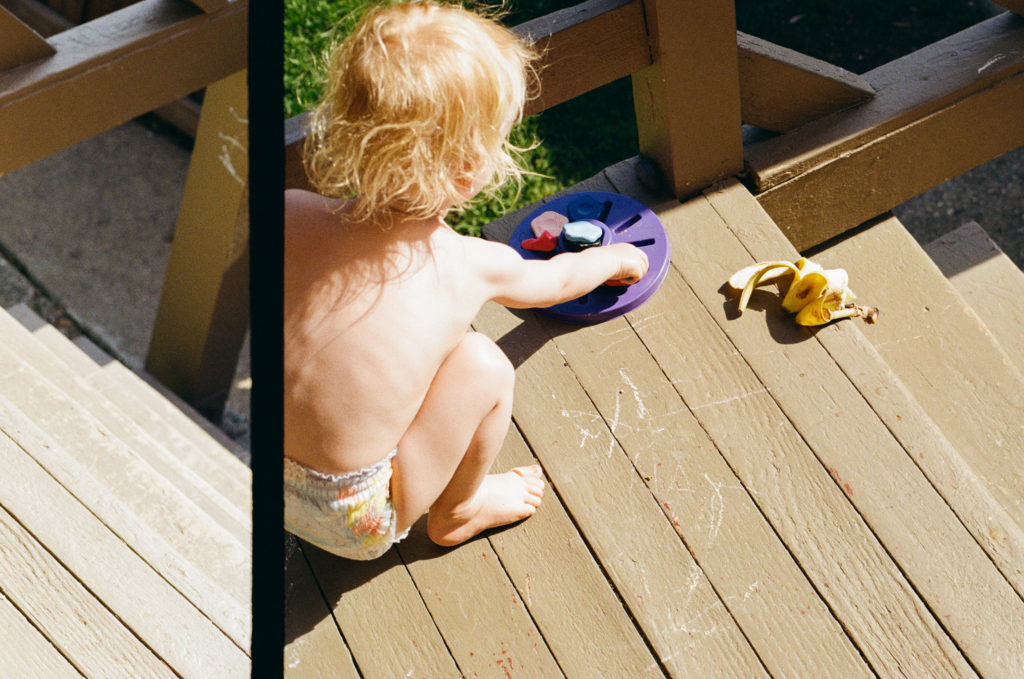
My son and I are at a backyard pizza party. A few other families and singles are mingling on the grass, huddled around a white plastic table graced with tortilla chips, salsa, and half-drunk wine glasses. About an hour into the night, I feel a tugging at my waist.
“Momo! Momo!”
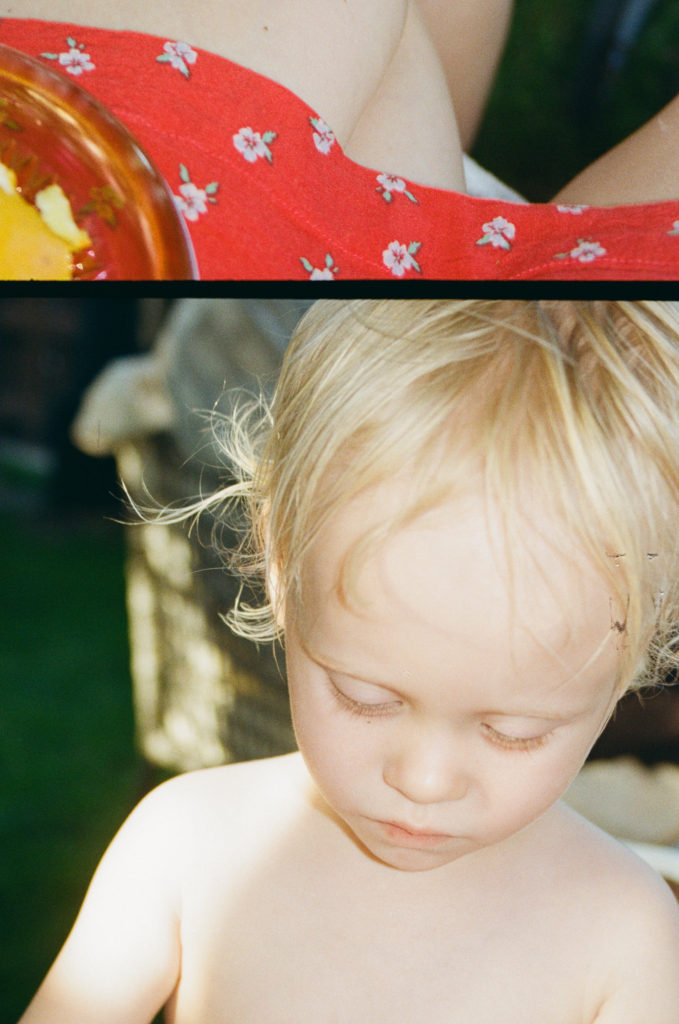
“Momo is milk. We’re weaning,” I tell the woman beside me, who looks disoriented as my son yells at me. He’s pulling my shirt down and exposing my nipples to my new acquaintances. At this point, almost two years postpartum, I have given up on wearing nursing bras, let alone the real lingerie-style bras I once wore—tight cotton tanks or bralettes are now what I reach for each morning. I don’t have much armor to deter this tiny assailant.
“We’ll be back,” I mutter as I smirk at my new friend, pick up my son, and whisk him off through the home’s back door.
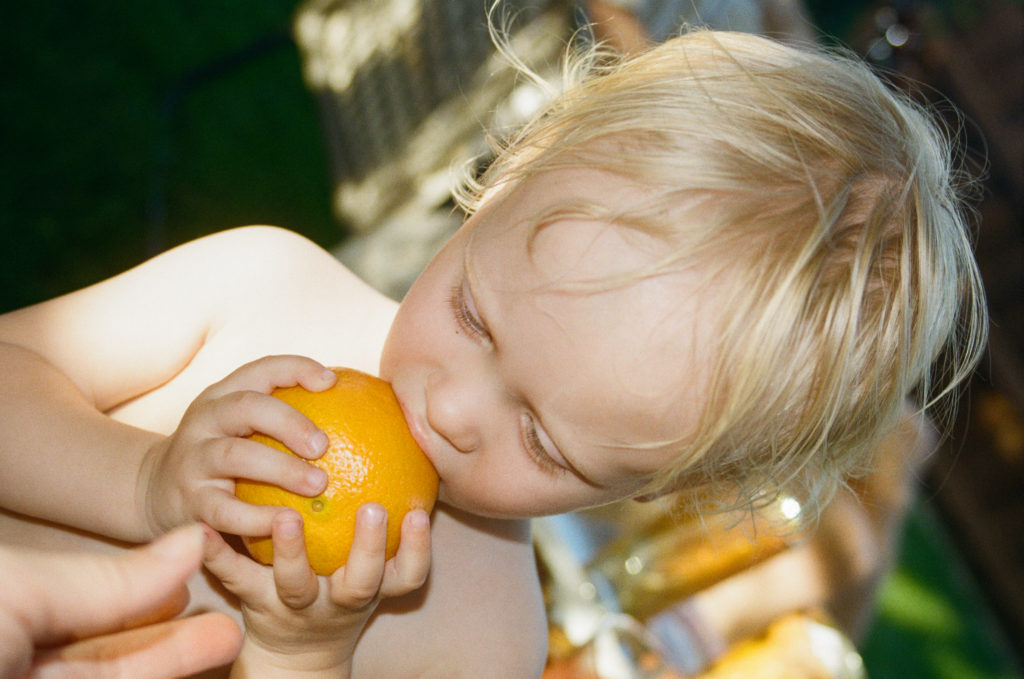
We slip away into the quiet living room so he can calm down. The couch eats me alive, as they usually do when I cozy up for a nursing session. I am annoyed but also comforted by the fact that I provide comfort for him.
Later that night, after my son and I arrive home and bathe off the pizza sauce and fresh backyard dirt, I lie in bed with him a little longer than usual, listening to the soft rain. His warm body is breathing softly next to me, his milky breath on my shoulder. The house is quiet, so I can hear the water droplets playing a song on the windows and roof like an orchestra. Since I have already eaten dinner with my son, I’m not hungry. Instead of rushing out to throw together a meal, I wait a bit longer to go downstairs. I don’t want the day to end; can I freeze time?
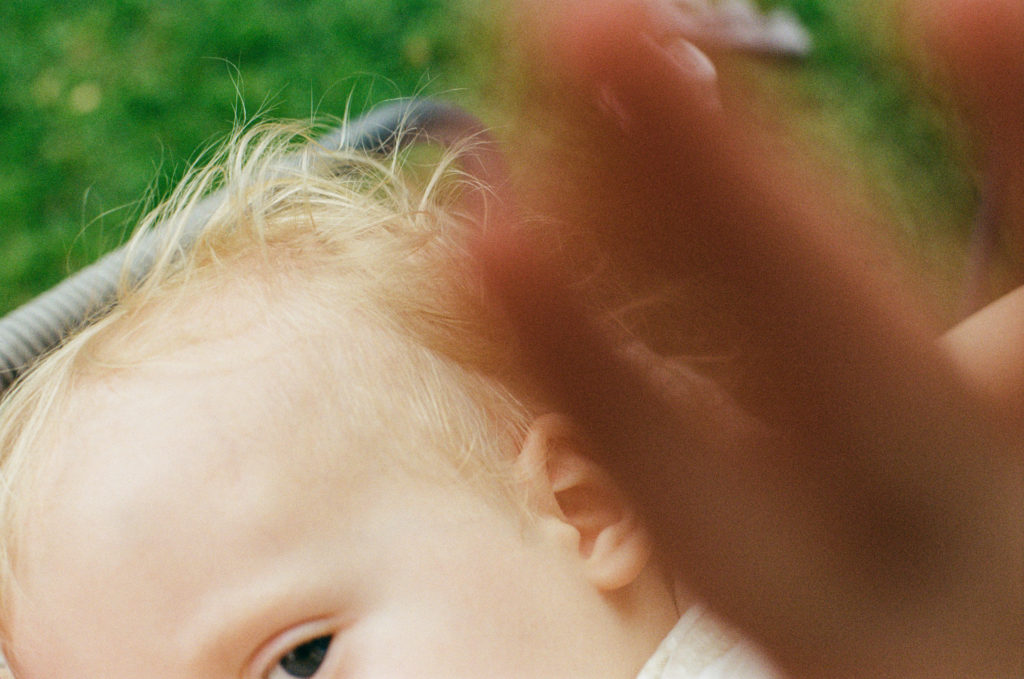
Did I mention my pants are too tight, and I haven’t slept a whole night in two years?
Since my son has been nursing less and less, my waistband hugs my hips tighter than feels comfortable. I find myself pulling at my sleeves like a cat needing a pillow and scratching the patch of eczema on my right hip that will not heal. My clothes pull in the wrong places and irritate my skin. My body is a tool, a refrigerator, a scratching post, a map. My body is not my own; it hasn’t been for nearly three years. My body is my son’s. My body is an object, and curious spectators objectify it. My body will never be only mine, as it once was. From my eyes to the tips of my toes, I have changed. The lines around my eyes have deepened with each restless night. Deflated nipples and a soft, scratched, and stretched stomach. My subtle cheeks are now flat and sunken from side nursing in bed, the only way for me to survive the first year.
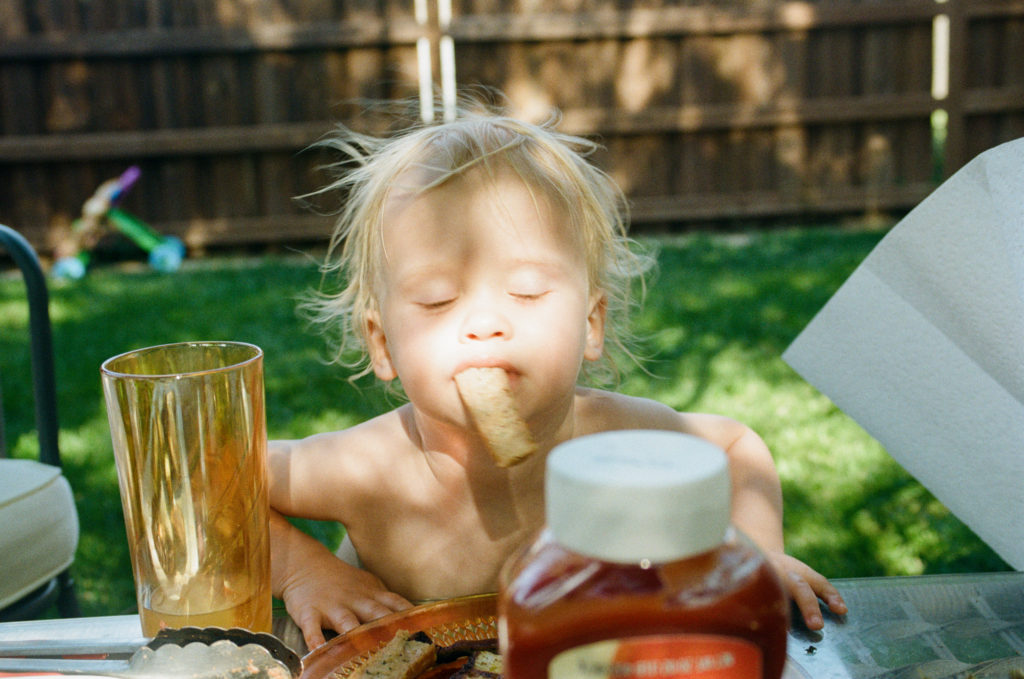
Because I work during the day, my son currently only nurses when he wakes up and before bed. Weekends are exceptions. He asks to nurse more often when I’m with him all day. We are slowly weaning because I know that when the chapter closes, I’ll be heartbroken. Weaning probably should have already happened—I’ve grown averse to nursing occasionally. But I’m stubborn and persevered through the annoyance. Hard days always make space for good; those calm, endearing moments. Sweetness often comes with a bitter aftertaste, happiness with anger, and joy with pain. My husband is pretty confident he does not want another child, whereas I would love one more, so every first with my son also feels like it might be the last, and every finished chapter feels finite. Every time my son or I drop a feed, it feels monumental.
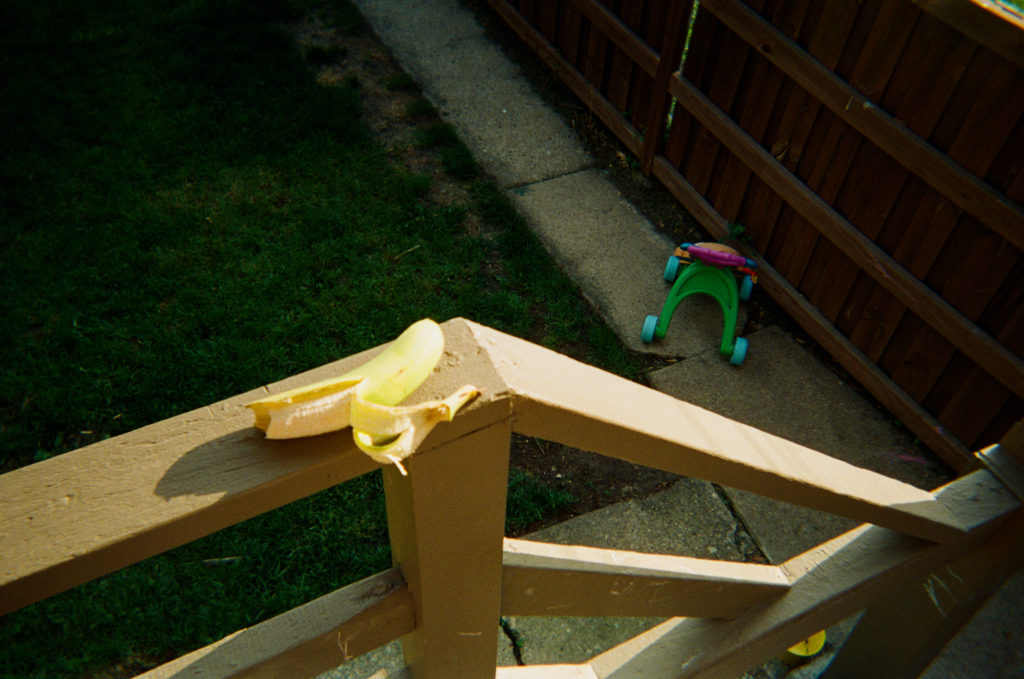
In addition to the obvious definition of “weaning,” it also means detaching from a source of dependence or being accustomed to something from an early age. Weaning from breastfeeding is a lot like parenthood as an entire practice. Unlearning occurs when you become a parent; all of the lessons and rules—positive or negative—ingrained in your DNA from childhood become constantly challenged. You essentially wean yourself from the ideals of your upbringing to foster a new path forward, one that works for you and your chosen family. Even more curious is that there is no wrong way to parent—within reason, of course, and as long as everyone is cared for and safe. To decide to parent differently from your parents, friends, or family does not mean you are necessarily parenting “better.” Still, you are parenting in a way that aligns with your values and intuition. Breastfeeding my son for two years has not been easy. Despite the peaks and valleys, I am doing what feels right in my bones, which is to follow his lead. When he is ready, or we are ready, we will know. Until then, I will laugh away winces from spectators and welcome my son’s urgent and often abrasive requests for milk. This chapter will end. All chapters do.
